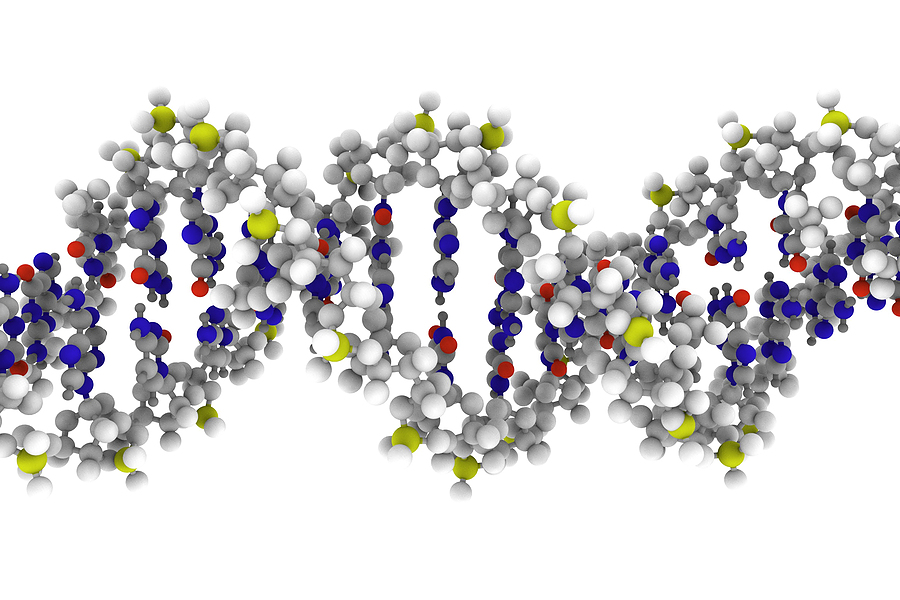Gene linked to depression
By Rebecca Coxon
Scientists in Munich have discovered a gene suspected to be linked to major depression, potentially prompting the development of new treatments for the illness.
 Scientists at the Max Planck Institute of Psychiatry have compared the genomes of a total of 15,089 individuals from all over the world and used a mouse model in experiments which “identified a new risk gene variant for depression.”
Scientists at the Max Planck Institute of Psychiatry have compared the genomes of a total of 15,089 individuals from all over the world and used a mouse model in experiments which “identified a new risk gene variant for depression.”
The SLC6A15 gene was identified as the promising candidate for the link as it is believed to be involved in regulating glutamate, an important neurotransmitter involved in most aspects of normal brain function including cognition, memory and learning.
The breakthrough findings were published by Cell Press in the April 28 issue of the journal Neuron.
Dr Martin Kohli from the Max Planck Institute, said: "Current treatments for major depression are indispensable but their clinical efficacy is still unsatisfactory, as reflected by high rates of treatment resistance and side effects.”
Stress as an important environmental factor in the development of depression has been researched for many years at the Institution in Munich. In 2009 for example, scientists at the institute discovered that severe mental stress can result in permanent alteration of the activity of genes, causing elevated stress hormones and reduced stress tolerance in the long term; precursors to major depression.
The news comes as scientists at Leicester University also reported an astonishing breakthrough in uncovering the biological cause of stress disorders earlier this week. The researchers made up of neuroscientists from the UK, Poland and Japan say they “are confident that results of the four year project could eventually help the prevention and treatment of stress-related psychiatric disorders and other anxiety-related issues.”
Based on their new found discovery, the scientists in Munich are “cautiously optimistic that they are one step closer to the development of a new type of antidepressant” and continue to investigate the findings at the German Research Institute of Psychiatry.
The subsequent research may lead to more exciting breakthrough discoveries and could potentially change the treatment of mental health disorders for the better in the foreseeable future!
For more information about the research visit:
Max Planck Institute of Psychiatry website: http://www.mpipsykl.mpg.de/
Leicester University website: http://www2.le.ac.uk/
Relevant products
For our depression guide please see here:





